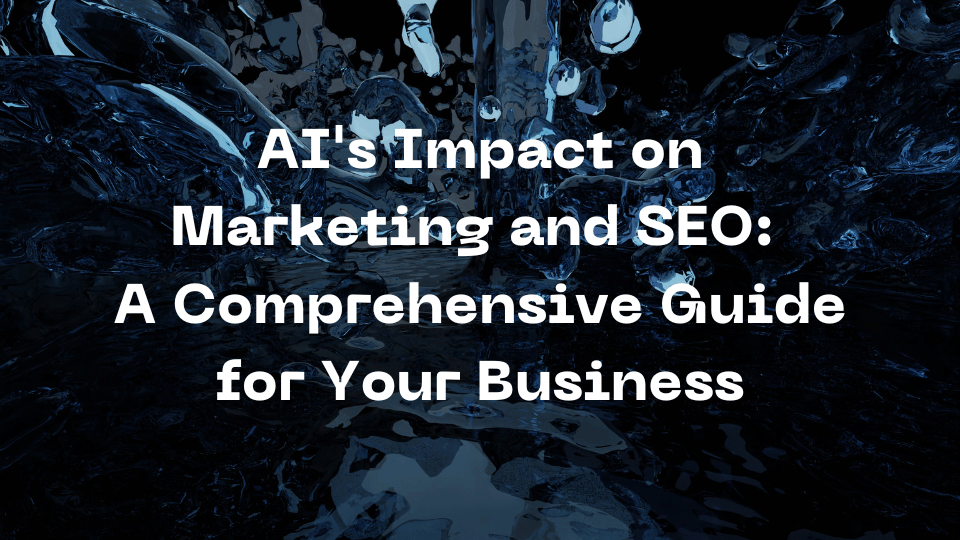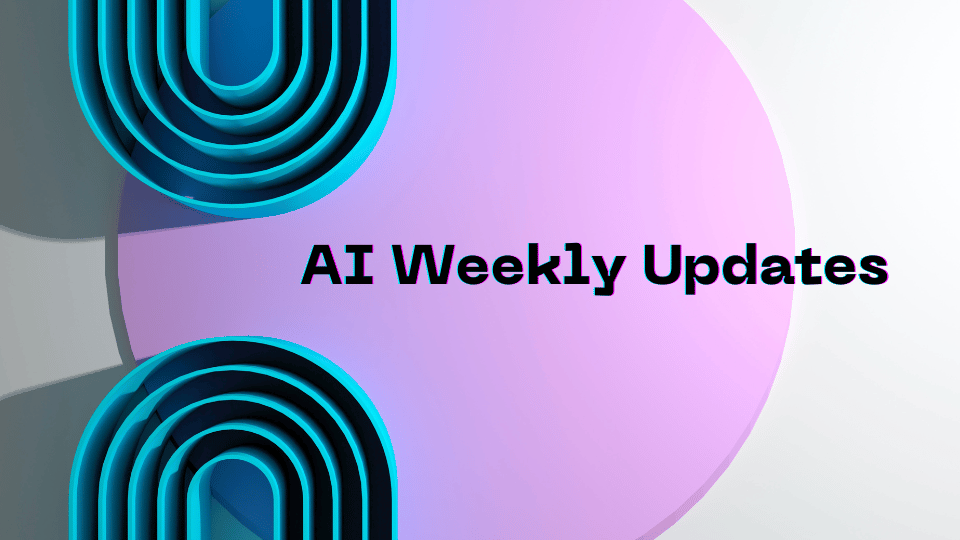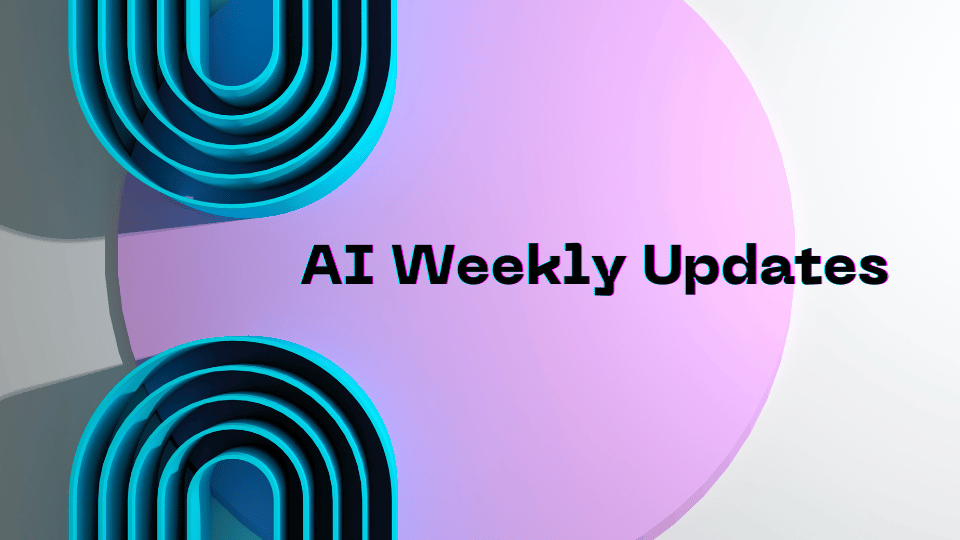
The age of Artificial Intelligence (AI) has arrived, and it’s revolutionizing the world of digital marketing and Search Engine Optimization (SEO). From AI-powered chatbots to predictive analytics and personalized content, AI has opened up new possibilities for marketers and business owners alike. SEO experts like Neil Patel have been sharing insights on how AI is changing the game and providing valuable tips on how to leverage this technology for your business. This comprehensive guide will take us on a journey into the world of AI, Marketing, and SEO, uncovering the newest strategies and trends that can be expected for the year 2024 and beyond.
The Rise of AI in Digital Marketing
AI has been a hot topic for years now, but it’s only recently that it has started making a significant impact on the digital marketing landscape. The rapid advancements in AI technology, coupled with the ever-increasing amount of data available to businesses, have made it possible for marketers to harness the power of AI to deliver more personalized and effective marketing campaigns.
AI and Machine Learning: A Perfect Match for SEO
Machine learning, a subset of AI, has emerged as a game-changing technology for SEO. By processing vast amounts of data quickly and identifying patterns, machine learning algorithms can help marketers optimize their websites for search engines, improve user experience, and enhance their content strategies.
These AI-powered algorithms can analyze user behavior, identify trends, and make data-driven decisions to improve website performance and rankings. As AI and machine learning continue to evolve, we can expect to see even more advanced tools and technologies that will help businesses stay ahead in the competitive world of SEO.
AI in Content Creation and Curation
One of the most significant ways AI is impacting digital marketing is by automating the process of content creation and curation. With AI-powered tools, marketers can quickly identify popular topics, generate content ideas, and even create high-quality, engaging content that resonates with their target audience.
For example, AI can analyze user behavior and preferences to recommend personalized content and offers, leading to better engagement and conversion rates. Additionally, AI-powered content analysis tools can help marketers identify gaps in their existing content and come up with new ideas to fill those gaps and satisfy user intent.
AI and Voice Search
The rise of voice assistants like Siri, Alexa, and Google Assistant has led to a surge in voice search, and AI is at the heart of this trend. AI-powered voice recognition technology enables these assistants to understand and respond to voice queries, providing users with more accurate and relevant search results.
As voice search becomes more popular, marketers need to optimize their content for conversational language and long-tail keywords to stay ahead in the SEO game. This means focusing on natural language and creating content that answers users’ questions in a conversational manner.
AI-Powered SEO Tools: A Must-Have for Modern Marketers
Leveraging AI in your SEO strategy requires the right tools, and there is no shortage of AI-powered SEO tools available today. From keyword research and competitor analysis to content optimization and link building, these tools can help you streamline your SEO efforts and achieve better results.
Some popular AI-powered SEO tools include:
- Moz: A comprehensive SEO suite that uses machine learning to provide insights on keyword ranking, backlink analysis, and on-page optimization.
- Ahrefs: A powerful SEO tool that leverages AI to analyze backlinks, perform keyword research, and track your website’s performance.
- SEMrush: An all-in-one digital marketing platform that uses AI to provide insights on keyword research, competitor analysis, and content optimization.
- SparkCognition: A machine-learning company that offers AI-powered solutions for SEO, including content analysis and recommendations.
By incorporating these AI-powered tools into your SEO strategy, you can gain a competitive edge and stay ahead of the curve in the ever-evolving world of digital marketing.
Google and AI: A Love-Hate Relationship
Google, the undisputed king of search engines, has a complex relationship with AI. On the one hand, Google has been investing heavily in AI research and development, with projects like RankBrain https://en.wikipedia.org/wiki/RankBrain and BERT https://en.wikipedia.org/wiki/BERT_(language_model) aimed at improving search algorithms and delivering better search results.
On the other hand, Google has been cautious about AI-generated content, initially penalizing websites that relied on AI-generated text for their content. However, Google’s stance has evolved over time, and as long as the AI-generated content is valuable and relevant to users, it can still rank well in search results.
This highlights the importance of human oversight in the AI content creation process. While AI can help generate ideas and even create content, it’s essential for marketers to review and edit AI-generated content to ensure accuracy, relevance, and quality.
Embracing AI in Your SEO Strategy
To make the most of AI in your SEO strategy, consider the following best practices:
- Leverage AI-powered SEO tools: Use AI-powered tools like Moz, Ahrefs, and SEMrush to streamline your SEO efforts, gain valuable insights, and stay ahead of the competition.
- Focus on high-quality, user-centric content: AI is all about personalization and relevance. Create content that caters to the needs and interests of your target audience, and use AI tools to optimize it for search engines and user experience.
- Optimize for voice search: As voice search becomes more prevalent, adapt your content to cater to conversational language and long-tail keywords.
- Invest in machine learning and deep learning technologies: Stay up-to-date with the latest advancements in AI and machine learning, and consider investing in deep learning technologies to gain a competitive edge in the SEO landscape.
- Monitor and adapt to AI’s impact on SEO: As AI continues to evolve and shape the world of SEO, stay informed about the latest trends and developments, and be prepared to adapt your SEO strategy accordingly.
The Future of AI in Marketing and SEO
As AI becomes more advanced and integrated into our daily lives, we can expect to see even more innovative applications in the world of marketing and SEO. Some potential developments include:
- Hyper-personalized content: AI will enable marketers to create even more personalized content that caters to individual users’ preferences, needs, and search history.
- AI-powered chatbots and virtual assistants: As AI-powered chatbots and virtual assistants become more advanced, they will play a more significant role in customer support, lead generation, and even sales.
- Real-time data analysis and insights: AI will enable marketers to analyze vast amounts of data in real time, providing instant insights and recommendations for optimizing marketing campaigns and strategies.
- Predictive marketing: By analyzing user behavior and preferences, AI will help marketers predict future trends and make more informed decisions about their marketing efforts.
In conclusion, AI is changing the world of marketing and SEO in exciting and innovative ways. By embracing AI technologies and staying informed about the latest trends and developments, businesses can harness the power of AI to stay ahead in the competitive world of digital marketing.






